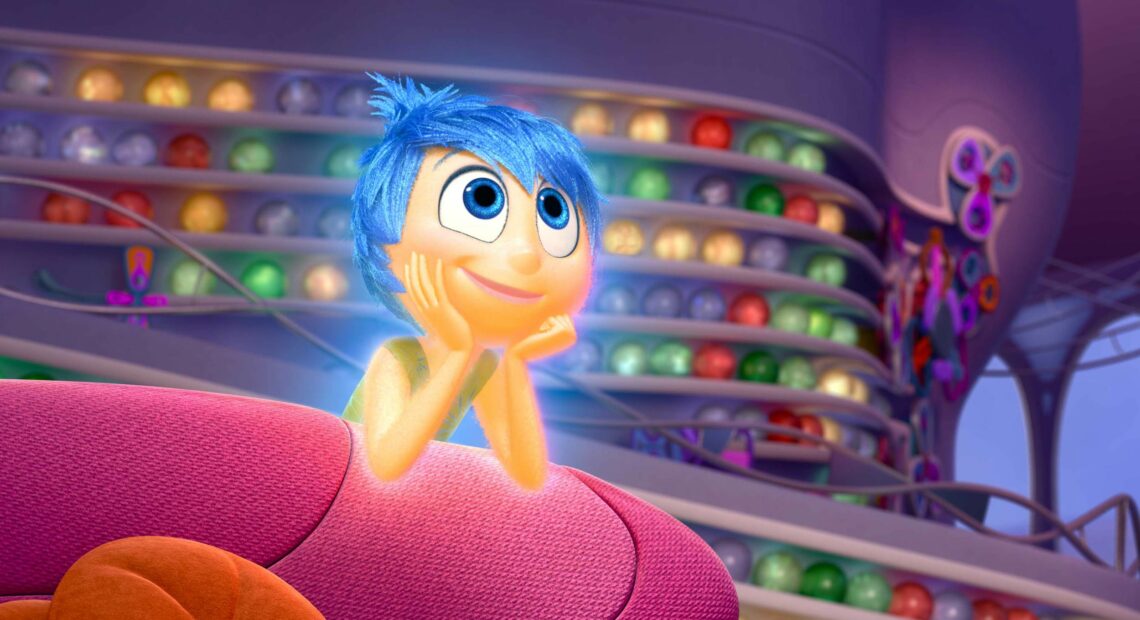5 Animation Films That Feel Like Therapy

Animation films are not just for children; they offer profound messages and emotional depth that can be therapeutic for viewers of all ages. These films can provide comfort, spark joy, and offer a sense of healing through their compelling stories and stunning visuals. Here are five animation films that feel like therapy:
1. Up (2009)
Director: Pete Docter
“Up” tells the heartwarming story of Carl Fredricksen, an elderly man who fulfills his lifelong dream of visiting South America by tying thousands of balloons to his house and flying there. Along the way, he discovers new friendships and adventures with a young boy named Russell. The film beautifully addresses themes of loss, love, and the importance of moving forward. The opening montage alone is a masterclass in storytelling, evoking deep emotions and reflections on life and love.
Therapeutic Aspects:
- Encourages viewers to cherish memories while embracing new experiences.
- Highlights the healing power of friendship and connection.
- Offers a poignant exploration of grief and letting go.
2. Inside Out (2015)
Director: Pete Docter
“Inside Out” takes viewers on an emotional journey through the mind of an 11-year-old girl named Riley. The film personifies her emotions—Joy, Sadness, Anger, Fear, and Disgust—showing how they interact to help her navigate life’s challenges. This imaginative and insightful film provides a deep understanding of how emotions work and the importance of acknowledging and balancing all feelings, not just the happy ones.
Therapeutic Aspects:
- Validates the importance of all emotions, including sadness.
- Encourages emotional intelligence and self-awareness.
- Helps viewers understand and manage their own feelings.
3. My Neighbor Totoro (1988)
Director: Hayao Miyazaki
“My Neighbor Totoro” is a magical tale of two young sisters, Satsuki and Mei, who move to the countryside and discover friendly forest spirits. The film, with its gentle pacing and whimsical creatures, captures the innocence and wonder of childhood. It’s a beautiful exploration of family, nature, and imagination, providing a sense of calm and peace.
Therapeutic Aspects:
- Celebrates the healing power of nature and imagination.
- Provides a soothing, tranquil viewing experience.
- Emphasizes the importance of family and community.
4. Finding Nemo (2003)
Directors: Andrew Stanton, Lee Unkrich
“Finding Nemo” follows the adventurous journey of Marlin, a clownfish, searching for his missing son, Nemo. Alongside a forgetful fish named Dory, Marlin encounters numerous challenges and learns valuable lessons about trust, courage, and letting go. This heartwarming story offers a profound message about resilience and the strength of parental love.
Therapeutic Aspects:
- Highlights the importance of trust and perseverance.
- Encourages facing fears and stepping out of comfort zones.
- Celebrates the bond between parent and child.
5. WALL-E (2008)
Director: Andrew Stanton
“WALL-E” is a touching story about a small waste-collecting robot left to clean up an abandoned Earth. WALL-E’s loneliness is alleviated when he meets EVE, a sleek robot sent to find signs of life. The film addresses environmental issues and the impact of consumerism while also exploring themes of love and connection. Its gentle, almost silent narrative allows viewers to reflect deeply on the world around them.
Therapeutic Aspects:
- Raises awareness about environmental conservation.
- Explores themes of loneliness and companionship.
- Promotes self-reflection on human impact and connection.
Conclusion
These five animation films offer more than just entertainment; they provide therapeutic experiences that can comfort, inspire, and heal. Whether through the exploration of emotions, the celebration of nature, or the journey of self-discovery, these films resonate on a deep emotional level, making them perfect for anyone seeking solace and reflection through cinema.
Picture Courtesy: Google/images are subject to copyright








